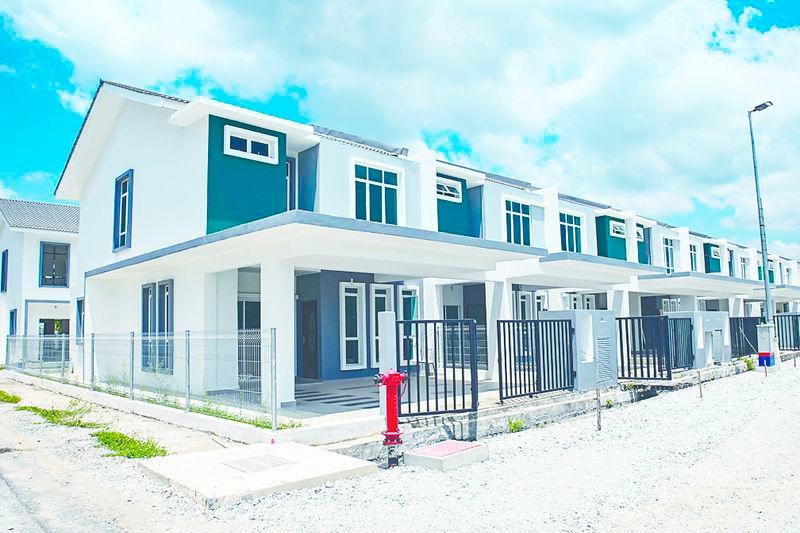PETALING JAYA: As Prime Minister Datuk Seri Anwar Ibrahim calls for an end to subsidies for wealthy students, an economist has urged the government to take a similar approach towards affluent families purchasing houses with a Bumiputera discount.
Economist and Southeast Asia lead of the Global Labour Organisation Prof Dr Niaz Asadullah said the blanket discounts for Bumiputera buyers, regardless of income level, lead to unintended benefits for wealthy individuals who should not benefit from such support.
“This distorts the housing market as it fails to allocate resources efficiently.
“Over the past decade, concerns over housing insecurity have tripled among urban Malaysians, some of whom failed to be allocated a low-cost house despite having approved bank loans.
“Sadly, many in the B40 group have to crowd into congested multi-storied People’s Housing Programme blocks to secure access to city jobs.”
Niaz said Bumiputera discounts of between 5% and 15% were originally introduced to promote equitable home ownership among the lower-income community, which historically faced economic disadvantages.
He said Bumiputera individuals with higher salaries should be excluded from receiving such discounts as they crowd out other deserving families from their community.
“Offering housing subsidies to affluent Bumiputera buyers undermines the policy’s original goal of ensuring affordable home ownership for all.
“As such, the government could channel resources to those who truly need assistance, such as the B40 group.
“Refining the policy will make it more targeted and reduce the risk of worsening wealth inequality within the Bumiputera community,” he said.
On the call to end subsidies for wealthy students at government funded schools, National Association of Private Educational Institutions secretary-general Dr Teh Choon Jin said elite schools, which provide excellent resources and teaching, should instead serve students without access to such advantages.
“Families with greater financial means have other options, including private education or private tuition.
“By making space for middle and lower income students, the government can ensure that those who need the most help benefit from a policy change.
“The prime minister’s suggestion is about levelling the playing field, and not denying quality education to anyone,” he stressed, adding that phasing out wealthier students from subsidised spots could open life-changing opportunities for disadvantaged students.
Universiti Teknologi Mara Faculty of Administrative Science and Policy Studies senior lecturer Dr Mazlan Che Soh said reallocating resources from wealthier students to those in need can significantly benefit educational outcomes.
“Stricter allocation of resources can significantly improve access to quality education, among others, by directing more resources to schools serving low-income communities. We can also address disparities in facilities, teaching quality and learning materials,” he said.
Niaz added that if a similar policy is considered for housing, it would make it easier for B40 families to own homes by increasing their numbers.
“Subsidies for wealthy families purchasing Bumiputera properties distort the housing market by inflating demand for higher end properties.
“By offering discounts indiscriminately to every Bumiputera, the policy contributes to overpricing in the housing market and promotes poor resource distribution.”









